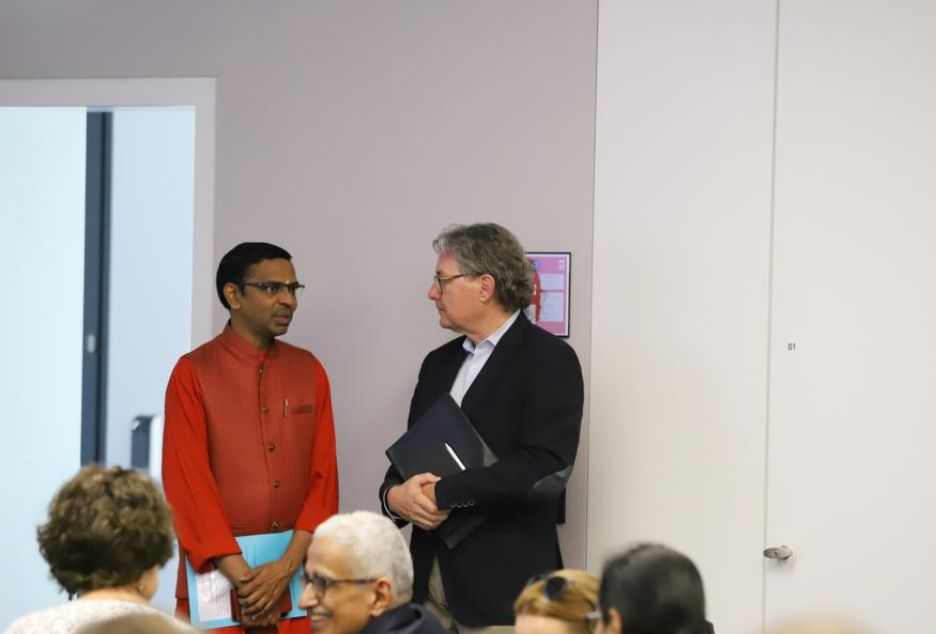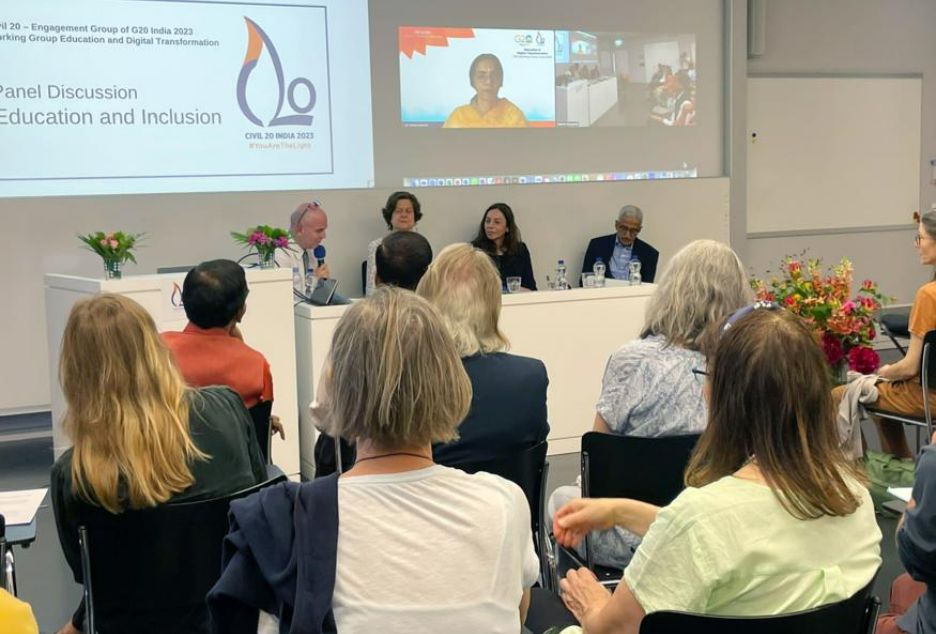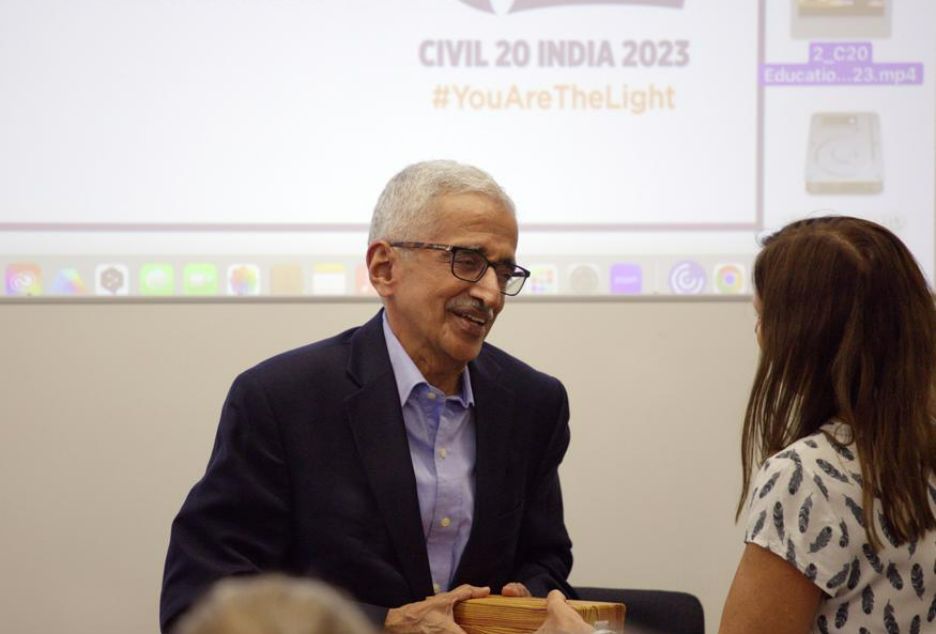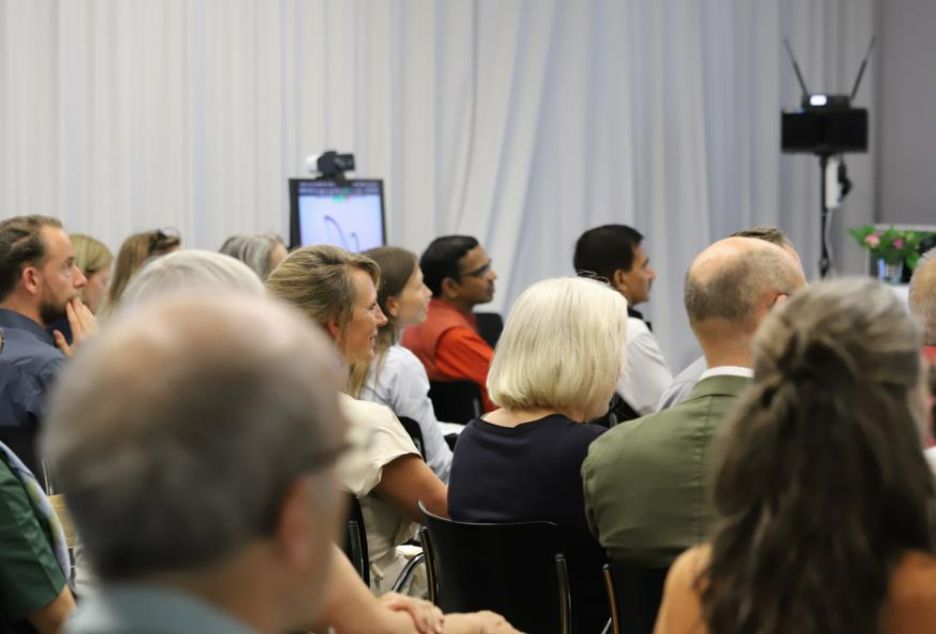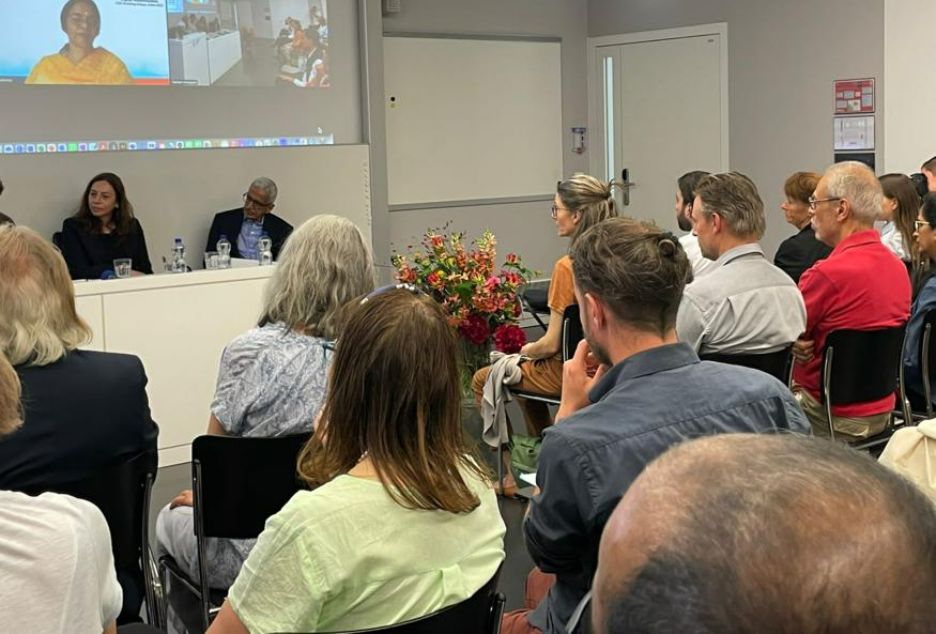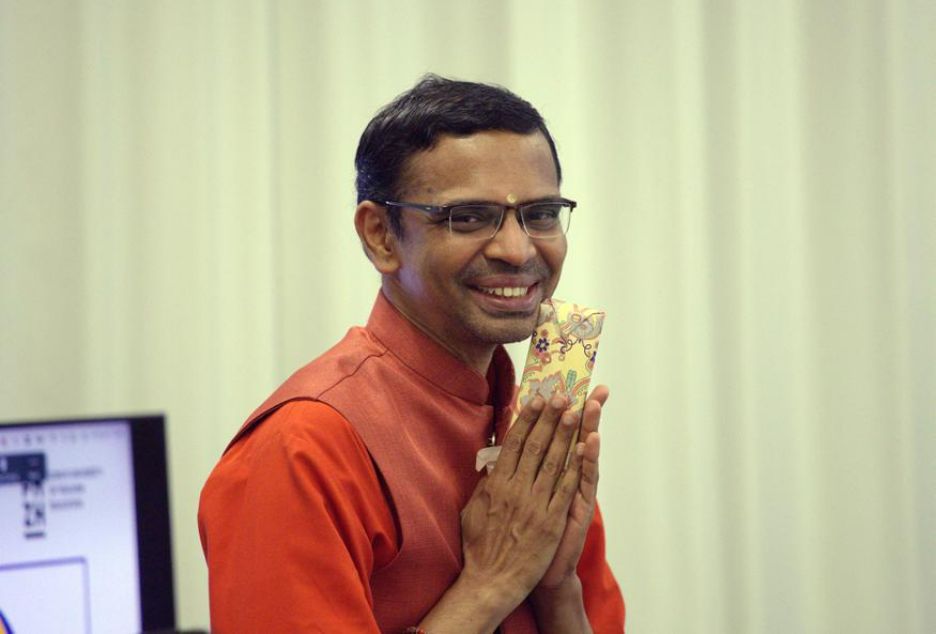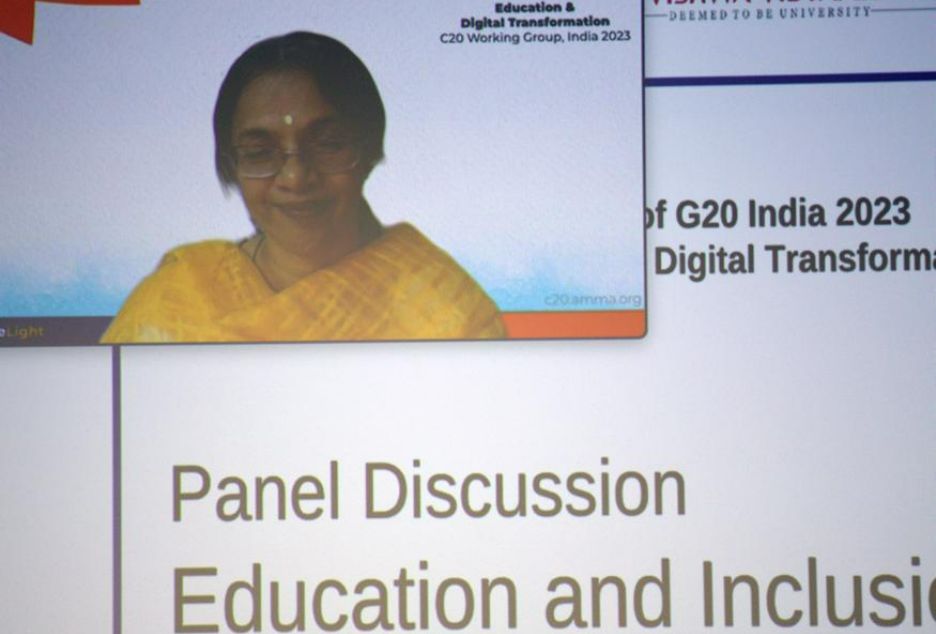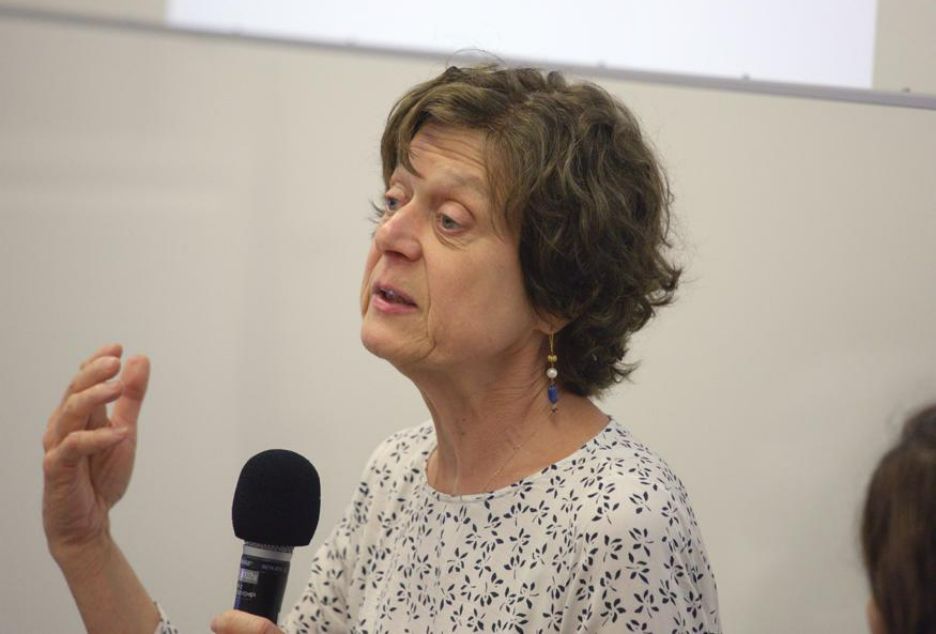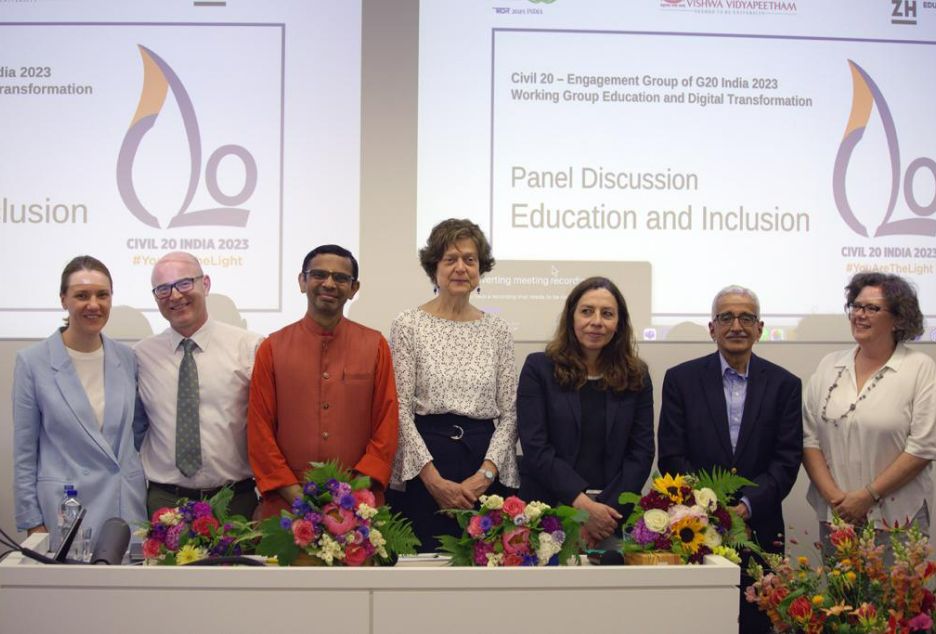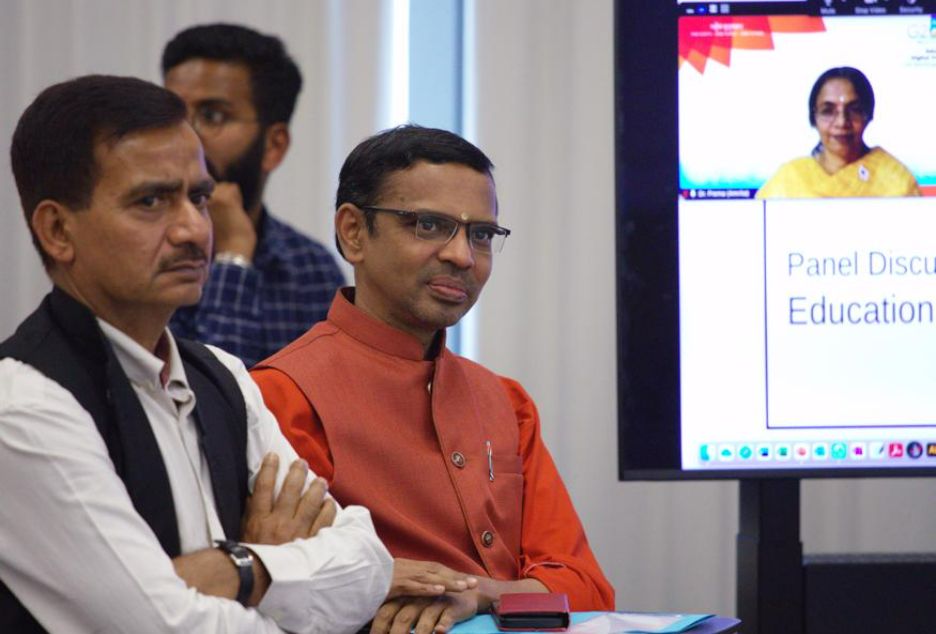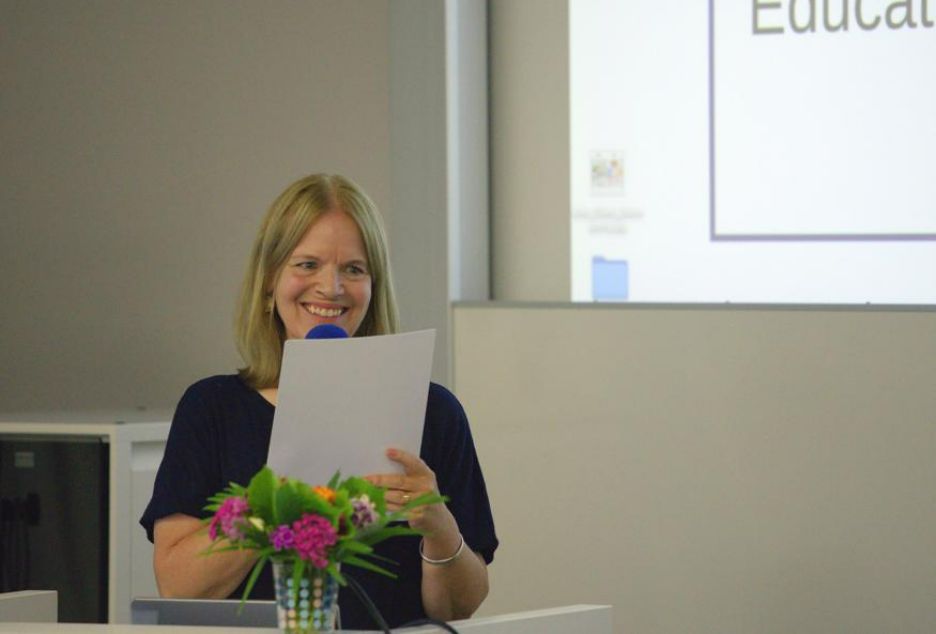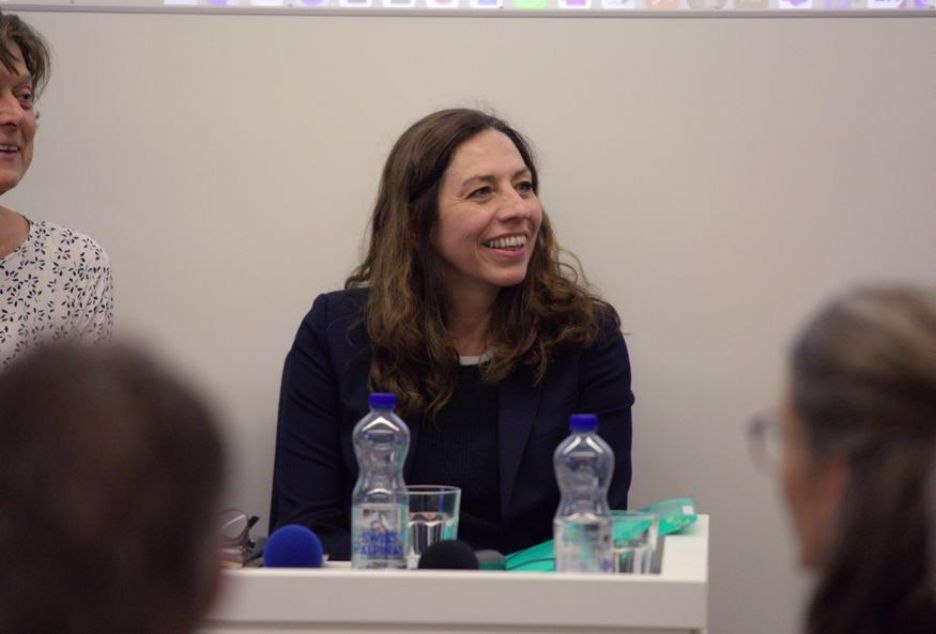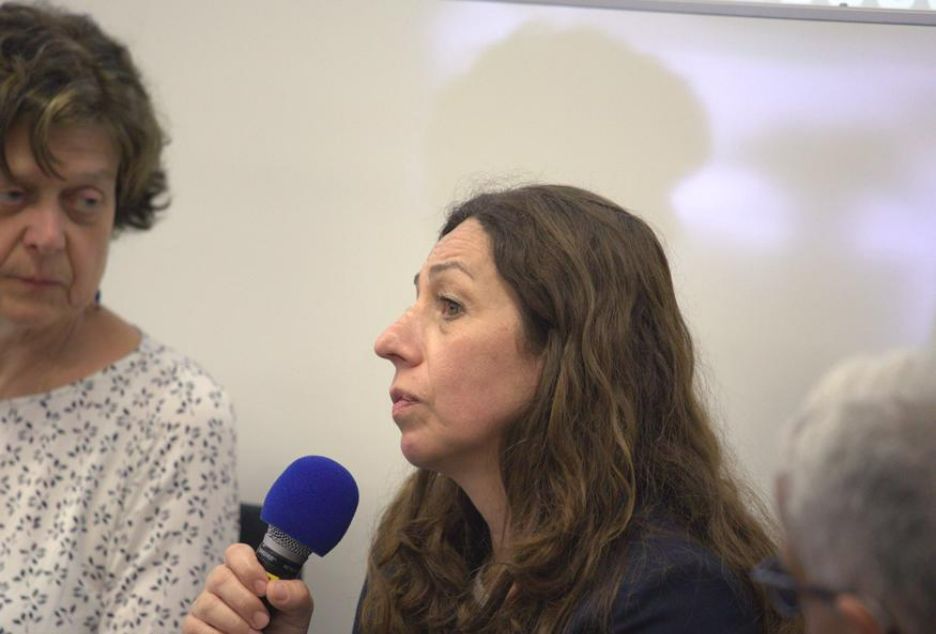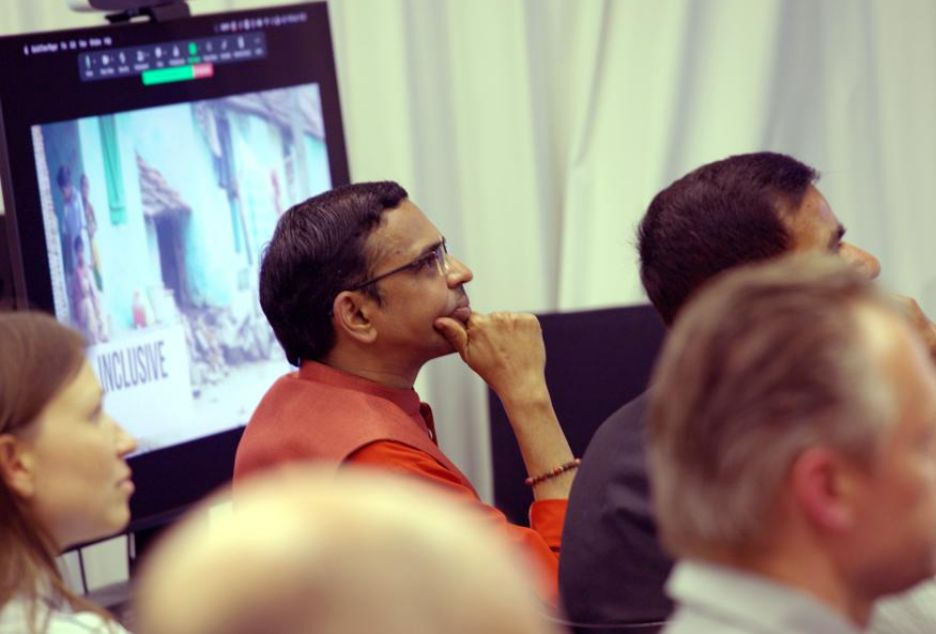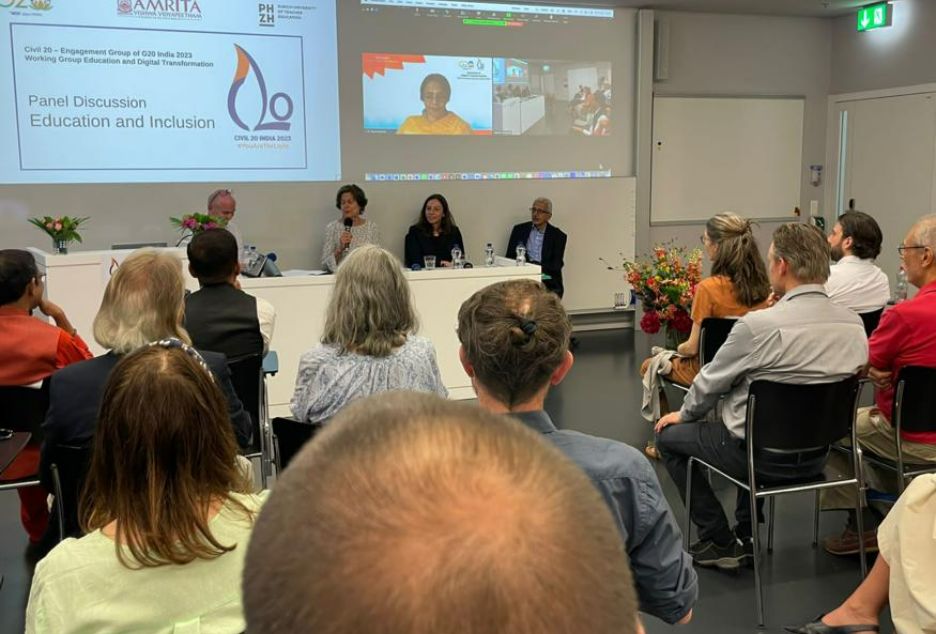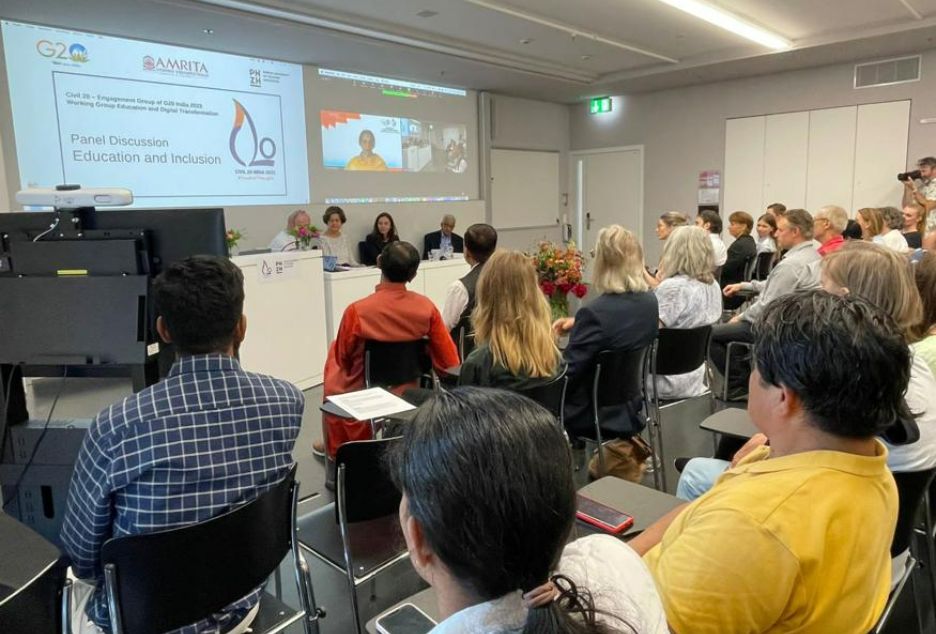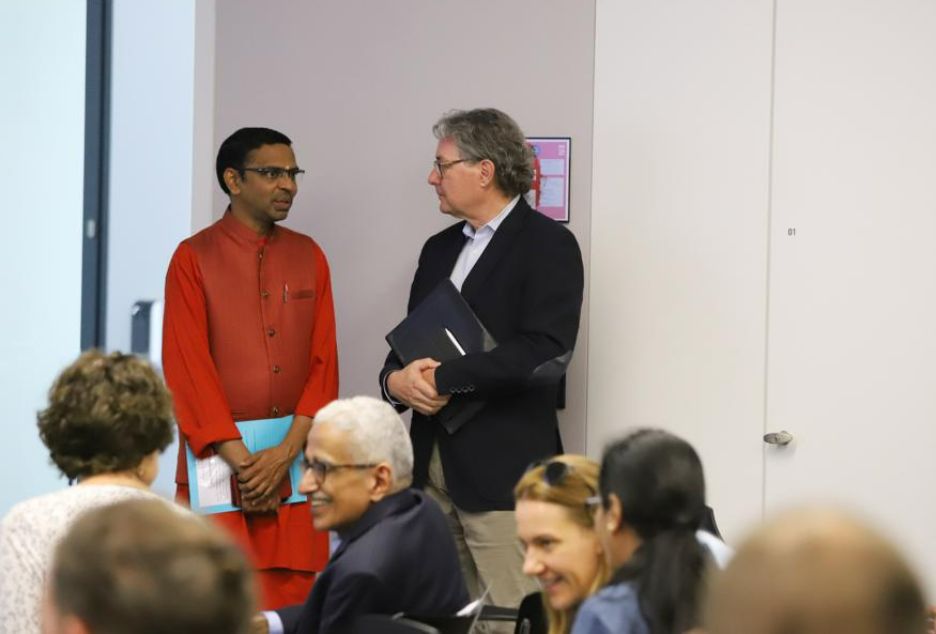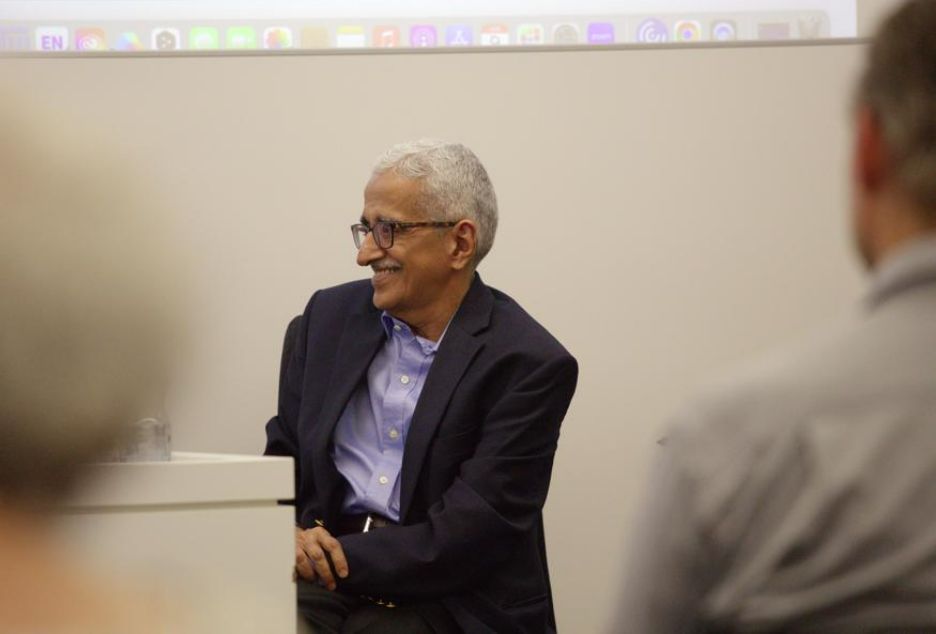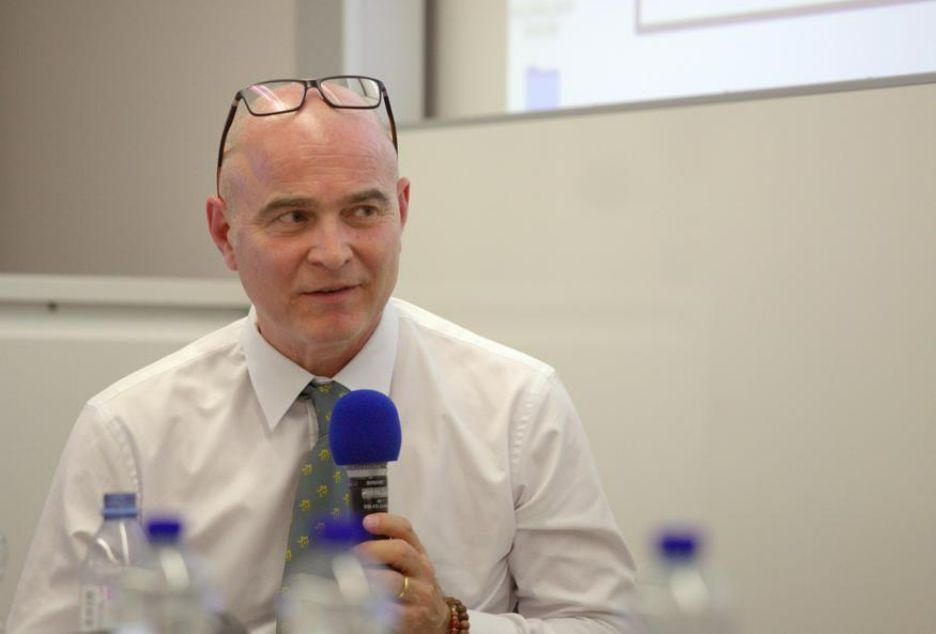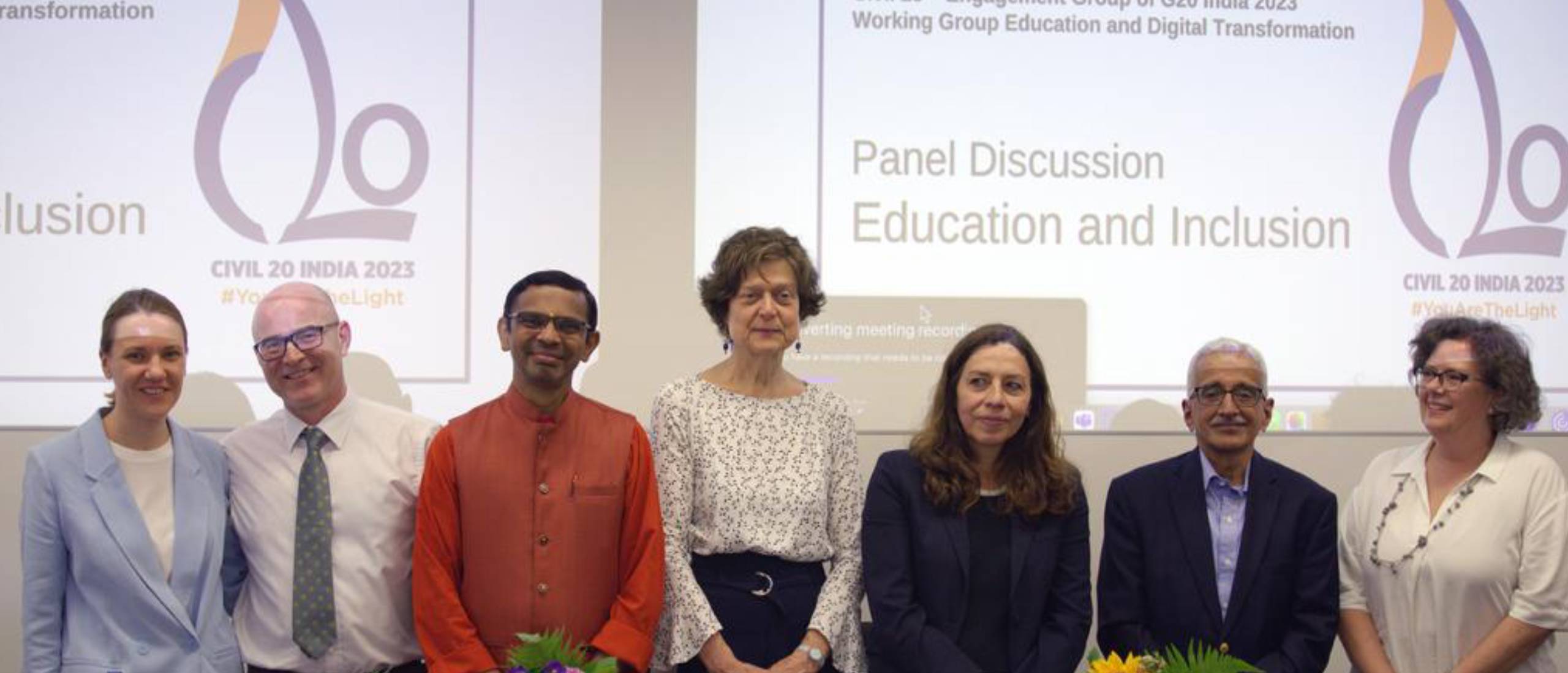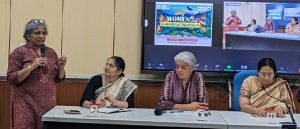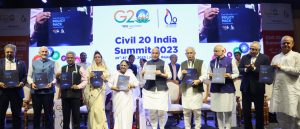A hybrid Panel Discussion on Education and inclusion was organized at Zurich University of Teacher Education on June 9, 2023. The discussion aimed to explore challenges and solutions for achieving education for all, focusing on education and inclusion.
International panelists, including researchers and policymakers with diverse educational backgrounds, participated in the event. Over sixty participants attended the event, virtually and in-person. Specific accessibility challenges that are unique to Global South contexts were discussed. The role of digital solutions, need for developing solutions for multiple disabilities, and research progress were discussed.
The panelists were Swami Shubamritananda Puri, C20 International Coordinator, Embracing the World; Prof. Dr. Judith Hollenweger, Professor, PHZH University; Ambassador Gopinathan Achamkulangare, Inspector and Chairman (2016 and 2022), UN Joint Inspection Unit, Geneva; Prof. Prema Nedungadi, Associate Dean, School of Computing, Amritapuri University, National Coordinator C20 India EDT WG; Dr. Norah Shabani, Education Specialist, Regional Office for Europe and Central Asia, UNICEF, Geneva; Prof. Heinz Rhyn, Rector, PHZH University; and Dr. Joost Mönks, Member of the International Advisory Council and International Coordinator, EDT WG.
Professor Heinz Rhyn, a leading expert in education research, emphasized the significance of education and inclusion. Dr. Joost Mönks was the moderator.
Swami Shubamritananda Puri fosters inclusivity, equality, and understanding individuals and their communities. He highlighted the importance of accessible education for all. He said adopting the same teaching methods and curriculum in special education is crucial.
Dr. Judith Hollenweger highlighted the need to bridge the gap between physical accessibility to schools and access to learning materials and curriculum. Additionally, she pointed to the importance of qualified teachers and the need for a holistic approach to addressing access challenges. She emphasized that it is necessary to ensure not only access, but also the quality of education.
Dr. Nora Shabani underlined the importance of making special needs education a priority. She highlighted the challenges in supplying digital learning resources and accommodating those with disabilities
Ambassador Gopinathan Achamkulangare acknowledged the challenges faced by individuals with disabilities and urged institutions to recognize the community’s unique needs. He noted that resources such as teachers, trainers, competency assessments, and accreditation agencies for sign language present additional issues.
Dr. Prema Nedungadi highlighted the inclusive school education model adopted by developed countries focuses on providing low-cost assistive tools. Accessibility in local languages and scaling up the technology to reach rural populations pose the biggest challenge.
